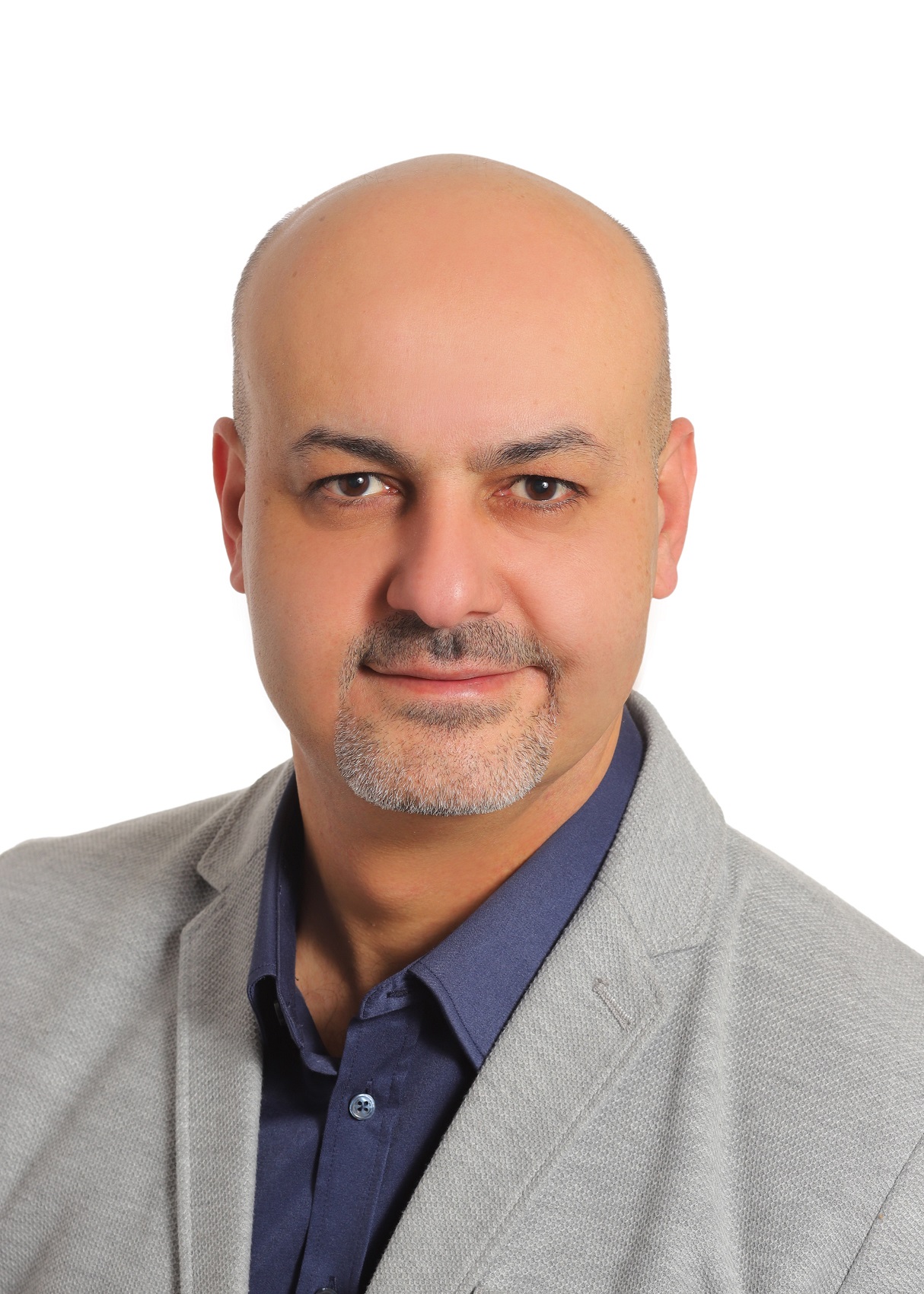R Programming Course for Data Science
Basics of R programming as a preliminary step to become a Data Scientist

Lectures -133
Resources -25
Duration -6 hours
Lifetime Access
New price: $14.99
Lifetime Access
30-days Money-Back Guarantee
Get your team access to 10000+ top Tutorials Point courses anytime, anywhere.
Course Description
This course provides an overview of Data Science and how R language with its methods and functions constitutes a primary tool for becoming a Data Scientist. The course presents an introduction to Data Science and Big Data. Then, it gives an overview of R and RStudio software and how to set them up. Lastly, it explains in detail, with the aid of numerous exercises, how to use various R methods and functions to analyze data.
The course demonstrates the importance and advantages of R language as a start, then it presents topics on R data types, variable assignment, arithmetic operations, vectors, matrices, factors, data frames and lists. Besides, it includes topics on operators, conditionals, loops, functions, and packages. It also covers regular expressions, getting and cleaning data, plotting, and data manipulation using the Dplyr package.
The ever-increasing size of data globally coupled with the prominent need to extract insightful information out of it necessitates learning analytical programming languages such as R. This course paves the road for beginners to start using R in real-life analysis tasks and research projects to enable fact-based decision-making process.
Goals
- Describe Data Science and Big Data.
- Recognize the importance of Data Science.
- Explain the Data Science process.
- Identify the main tools used in Data Science.
- Explain the steps of a Data Science project.
- Recognize the main environment and files of RStudio.
- Complete installing R and R Studio on your own machine.
- Solve arithmetic calculations in R.
- Distinguish between different data types in R.
- Solve data problems using vectors, matrices, factors, data frames, and lists in R.
- Formulate controlled-flow data problems using Operators, Conditional Statements, and Loops.
- Recognize base R functions and user-defined functions in R.
- Analyze data using base mathematical functions, R Packages, and Apply function family.
- Modify data using Regular Expressions and Dates & Times functions.
- Integrate and cleanse external data in R.
- Plot data in R.
- Evaluate datasets in R using dplyr package.
Prerequisites
No prior knowledge is mandatory to this course.
A passion towards learning programming and statistics is essential.

Curriculum
Check out the detailed breakdown of what’s inside the course
Data Science Overview
7 Lectures
-
About this section
-
Introduction to Data Science 00:35 00:35
-
Data Science: Career of the Future 03:42 03:42
-
What is Data Science? 02:00 02:00
-
Data Science as a Process 02:14 02:14
-
Data Science Toolbox 03:25 03:25
-
Data Science Process Explained 05:21 05:21
R and RStudio
4 Lectures

Introduction to Basics
4 Lectures

Vectors Data Structure
6 Lectures

Matrices Data Structure
7 Lectures

Factors Data Structure
5 Lectures

Data Frames Structure
6 Lectures

Lists Data Structure
5 Lectures

Relational Operators
5 Lectures

Logical Operators
5 Lectures

Conditional Statements
4 Lectures

Loop Structures
10 Lectures

Functions in R
10 Lectures

Packages in R
4 Lectures

The apply Family – lapply
5 Lectures

The apply family – sapply & vapply
7 Lectures

Useful Functions in R
3 Lectures

Regular Expressions
5 Lectures

Dates and Times
6 Lectures

Getting and Cleaning Data
5 Lectures

Data Manipulation with dplyr
13 Lectures

Plotting Data in R
6 Lectures

COVID19 Analysis: Case Study
1 Lectures

Instructor Details

Mohammed Barakat
Barakat holds a B.Sc. degree in Industrial Engineering from the University of Jordan and has 21 years of experience in diverse industries.
Throughout his career Mohammed focused on Process Management and Improvement. He leveraged the concepts of Lean and Six Sigma in the workplace. And recently, he has been involved in the field of Data Science and Machine Learning.
In his capacity as a process improvement professional he has managed and implemented a multitude of improvement projects using Six Sigma, Lean, Theory of Constraints, and Kaizen.
As a programmer and data analyst, he started his journey in early 2000’s with programming by developing Excel-VBA macros to provide quick solutions in his work. He managed to develop robust applications in MS Access that cut down on labor cost and made processes more efficient.
He kept pace with advancement of data analysis, and he entered Data Science field in 2013. Barakat has developed several R scripts and reproducible researches handling statistical and machine learning algorithms.
Mohammed is a Jordan Consultant Engineer (JCE), and he holds several certifications in Project Management (PMP and PMI-RMP) and Six Sigma (ASQ Six Sigma Black Belt and Green Belt). He is also a Microsoft Certified Trainer and Technology Specialist from Microsoft.
Course Certificate
Use your certificate to make a career change or to advance in your current career.

Our students work
with the Best


































Related Video Courses
View MoreAnnual Membership
Become a valued member of Tutorials Point and enjoy unlimited access to our vast library of top-rated Video Courses
Subscribe now
Online Certifications
Master prominent technologies at full length and become a valued certified professional.
Explore Now



 Updated on Feb, 2025
Updated on Feb, 2025
 Language - English
Language - English